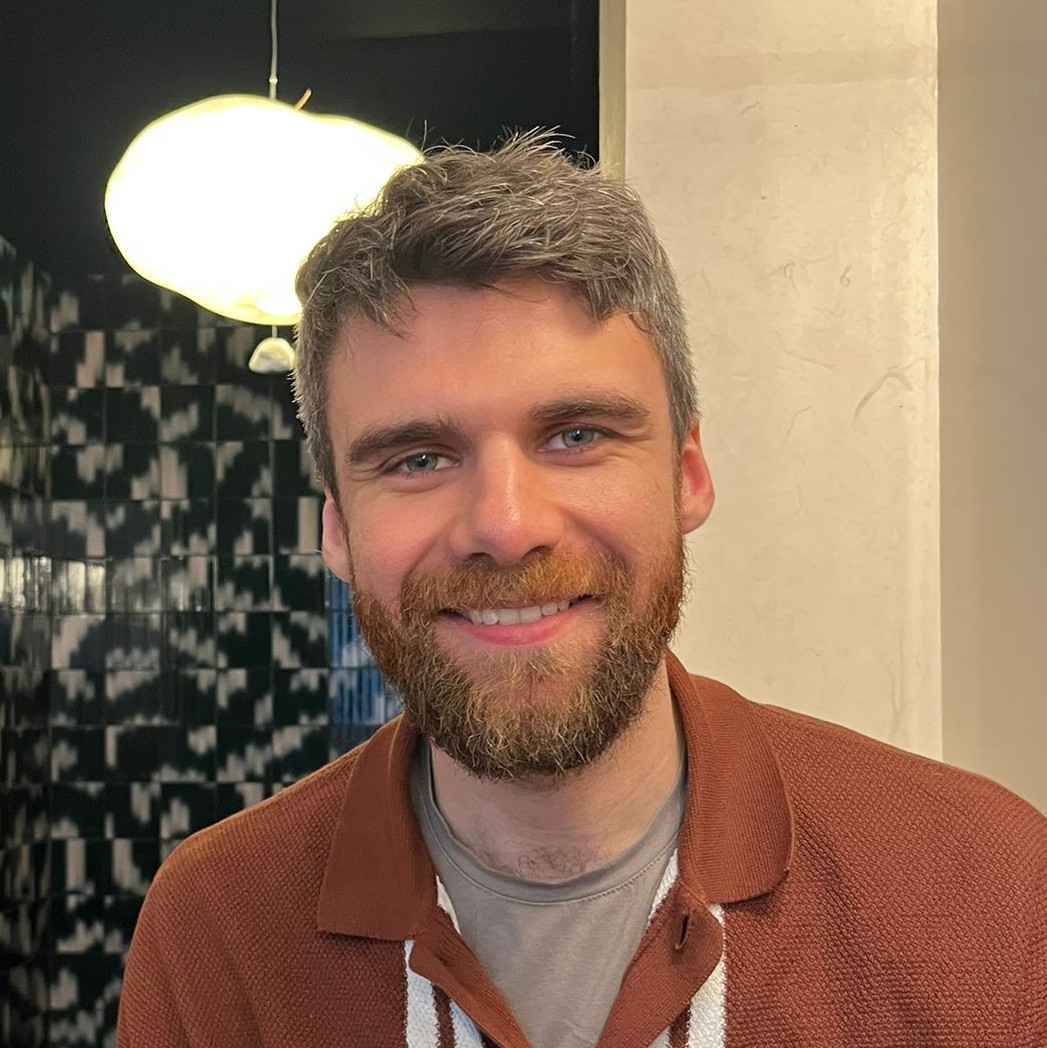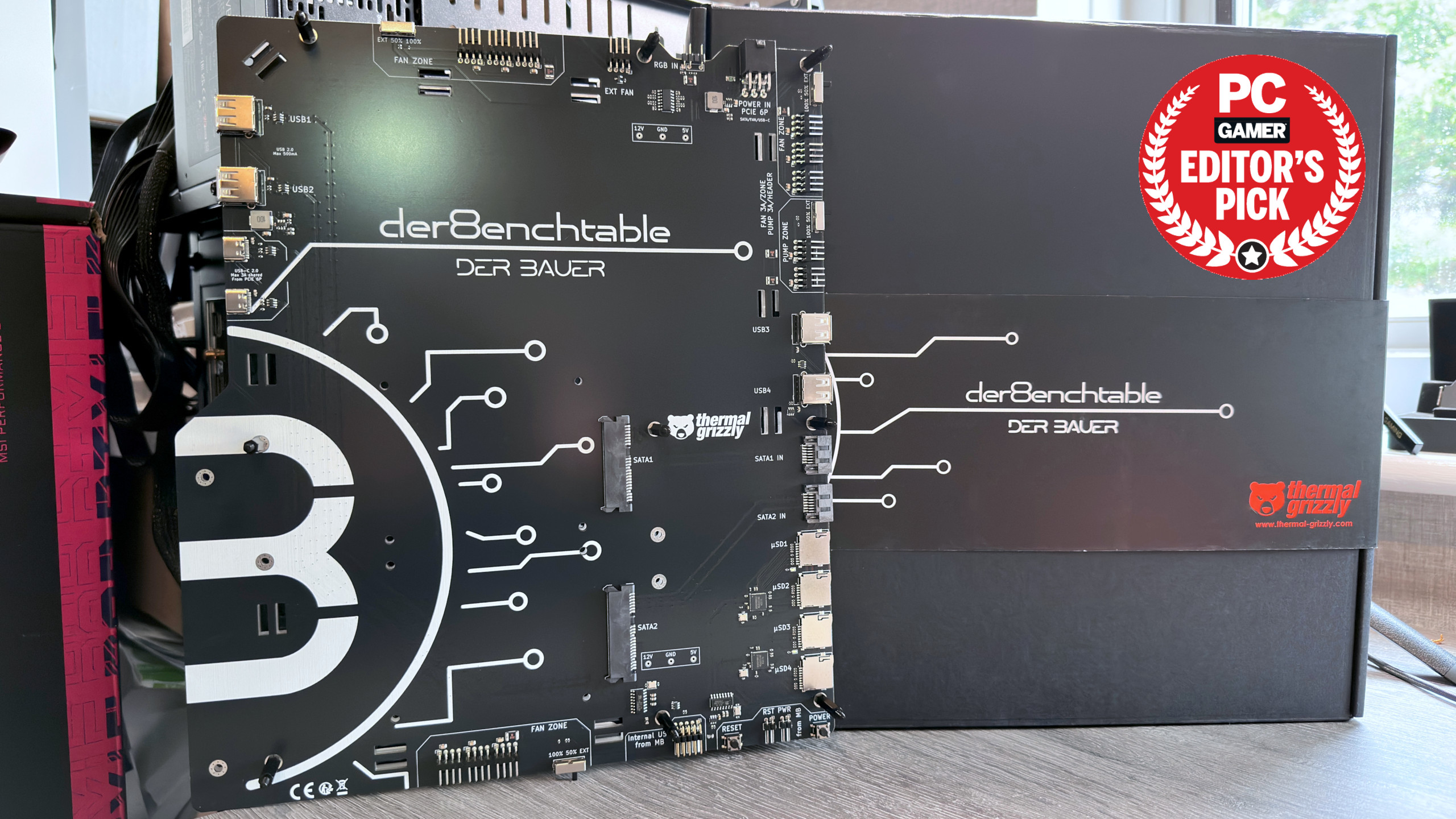Doom composer Mick Gordon recruits heavy metal choir for next soundtrack
As if Doom Eternal wasn't metal enough already.
Mick Gordon, the composer behind the soundtracks for Wolfenstein: The New Order, Killer Instinct and 2016's Doom, is pulling together a choir of heavy metal screamers for his next game.
In the recruitment video, above, he simply says it's for "a video game"—my money would be on 2019's Doom Eternal, which has a decidedly metal look. Gordon is known to be working on the soundtrack.
The video is an open invitation to metal screamers, but you'll have to be over 18 and free in the first week of March for a recording session in Austin, Texas. Applicants have until February 1 to send demos to Gordon through this link. If you're successful, you'll be paid for the work.
I'm glad Gordon is fully leaning into heavy metal this time around—as he told Shaun in 2016, one of the pre-conditions for Doom 2016's soundtrack was, believe it or not, "no metal".
"We started for about six to nine months doing just synthesisers, and then after a while, I started going, 'You know what, guys... if we can add five percent guitar in here, everybody will love it.' Then that five percent turned to ten percent. Then it turned to 15 percent. And just like when you and your mates are out for a night, trying not to drink too much, it turned into an all-out bender. It was cool, though, because we arrived at those metal-type sounds from a different direction."
The full interview is well worth a read.
Keep up to date with the most important stories and the best deals, as picked by the PC Gamer team.
Samuel is a freelance journalist and editor who first wrote for PC Gamer nearly a decade ago. Since then he's had stints as a VR specialist, mouse reviewer, and previewer of promising indie games, and is now regularly writing about Fortnite. What he loves most is longer form, interview-led reporting, whether that's Ken Levine on the one phone call that saved his studio, Tim Schafer on a milkman joke that inspired Psychonauts' best level, or historians on what Anno 1800 gets wrong about colonialism. He's based in London.


